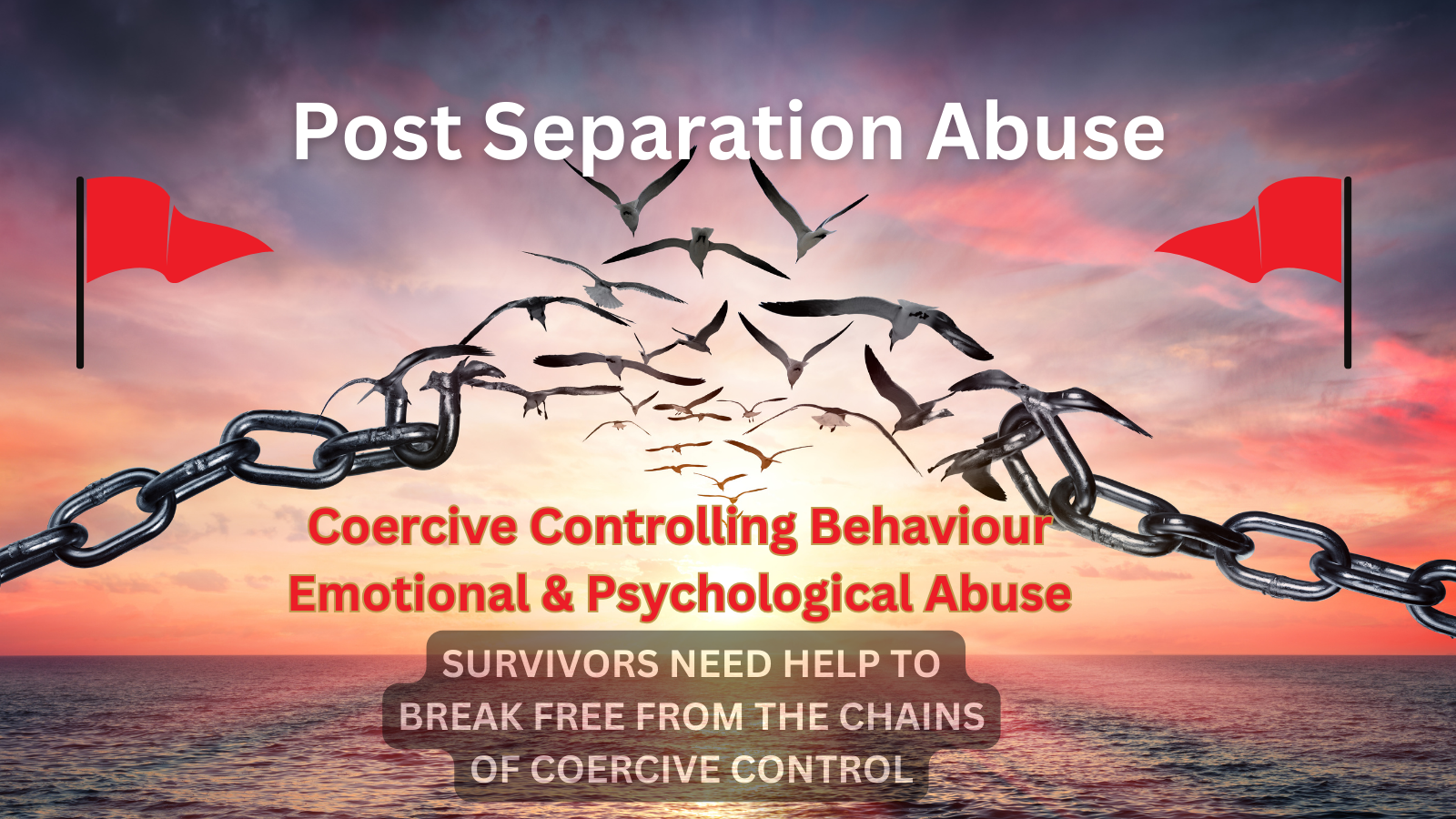Domestic Abuse Act 2021 in the UK
Understanding and combating domestic abuse, the United Kingdom has taken a significant stride with the implementation of the Domestic Abuse Act 2021. Most people think of domestic abuse as physical violence. In fact section 76 Serious Crime Act created the offence of controlling or coercive behaviour in intimate or family relationships in 2015. This new Domestic Abuse Act 2021 broadens the scope to include various other forms of abuse, including extending the controlling or coercive behaviour offence to cover post-separation abuse. As well as specific reference to economic abuse.
Abusive Behaviours That Were Present in The Relationship Can Escalate Post-Separation
Economic abuse includes behaviour that has a substantial adverse effect on an individual’s ability to acquire, use or maintain money or other property, or to obtain goods or services. In some situations, this form of abuse can make a victim economically dependent on the suspect, which in turn may limit their ability to escape and access safety. This can result in a victim remaining with the domestic abuse suspect and may occur or continue even after the victim has separated from the suspect.
It can be very difficult for a victim to understand the entirety of the offending. The victim’s maybe unaware that the behaviour they have experienced is abuse. Some perpetrators may actively encourage victims to resign from work or be encouraged to give up their careers under the premise of “looking after” the victim, increasing financial dependence on the abuser.
Then the victims have limited financial independence because of previous controlling behaviour by the suspect.
A crucial facet in post-separation financial abuse is how the suspect uses controlling behaviours to keep changing the details of financial agreements or settlements. Just as one agreement is made they add something in or take something out, making it difficult to reach a solution and wasting the resources of the victim who will be paying for legal representation or mediation. This abuse may also impact a victim’s ability to engage with the criminal justice process.
During the relationship, an abuser may have used money shaming and blaming or degrading actions related to money and finances that continue even after the formal end of a relationship. Threatening their victims that they will cut them off with nothing inducing fear and uncertainty in their former spouse or partner.
Recognizing Patterns of Control in Financial Abuse
Withholding Financial Resources:
Threats and intimidation from an ex-partner can leave a victim confused, heartbroken and in grief. A common tactic in post-separation financial abuse is the withholding of financial resources. This may include refusing to contribute to child support, denying access to joint accounts, or intentionally delaying the division of shared assets. Survivors are left grappling with financial instability, struggling to rebuild their lives.
Employment Sabotage:
Financial independence is a crucial factor in escaping an abusive relationship. Recognizing this, abusers may sabotage the victim’s employment or employability, creating a dependency that traps and ensnares their targets, and ensures continued control. Often the victim has no form of independent income at the termination of the relationship. Otherwise actions like harassment at the workplace, stalking, or even spreading false information that damages the victim’s reputation.
Accumulating Debt in the Victim’s Name:
A particularly insidious form of post-separation financial abuse involves accumulating debt in the survivor’s name without their knowledge or consent. This not only cripples their financial stability but can also lead to legal consequences, adding another layer of distress. Another way is coerced debt when the abuser asserts their power to obtain the signature of the victim on finance and loan agreements.
Manipulating Child Maintenance:
For survivors with children, child maintenance becomes a critical aspect of post-separation finances. Abusers may manipulate this by refusing to pay or using it as a tool to exert control. Some abusers deliberately use derogatory references to the bank payment going to their ex-spouse or partner. The emotional toll on survivors, who are often balancing the well-being of their children with financial strain, is immense. Financial uncertainty creates an extra fear in the minds of the survivors.
Legal Recourse and Protection under the Domestic Abuse Act
The Recognition of Post-Separation Financial Abuse:
The Domestic Abuse Act explicitly recognizes post-separation financial abuse as a form of domestic abuse. This acknowledgement is a crucial step in providing survivors with the legal framework to address these complex and often hidden aspects of abuse.
Obtaining a Domestic Abuse Protection Order (DAPO):
Under the Act, survivors can apply for a Domestic Abuse Protection Order (DAPO). This order can prohibit the abuser from engaging in specific behaviours, including those related to post-separation financial abuse. The breach of a DAPO is a criminal offence, emphasizing the seriousness with which the legal system views such abuses. Although alarmingly some survivors still report that these orders do not go far enough and some perpetrators regularly breach the orders.
Financial Remedies in Family Courts:
Family courts now have enhanced powers to address the financial consequences of domestic abuse. This includes ordering the transfer of tenancies or ownership of property, varying maintenance orders, or deciding on financial compensation. These remedies aim to provide survivors with the necessary resources to rebuild their lives independently.
Breaking the Silence: Empowering Survivors to Seek Help
The Stigma Surrounding Financial Abuse:
Financial abuse, particularly in the aftermath of a separation, often carries a stigma that makes survivors hesitant to come forward. The societal expectation that financial independence is solely an individual’s responsibility can further isolate those facing post-separation financial abuse.
Encouraging Open Conversations:
Breaking the silence surrounding post-separation financial abuse begins with fostering open conversations. Recognizing the nuances of financial control and manipulation is crucial for both survivors and those in a position to offer support.
Supportive Services and Helplines:
Various organizations and helplines in the UK are dedicated to supporting survivors of domestic abuse. These resources offer not only emotional support but also practical guidance on navigating the legal and financial aspects of post-separation abuse. In my own situation, I discovered conflicting legal advice read “Which Solicitor Gave The Best Advice?”
Financial Empowerment Programs:
Empowering survivors with financial literacy and independence is a key aspect of combating post-separation financial abuse. Financial empowerment programs can equip survivors with the skills and knowledge to regain control over their economic well-being.
Conclusion: Raising Awareness Of Post-Separation Financial Abuse
The Domestic Abuse Act 2021 represents a significant leap forward in recognizing and addressing the multifaceted nature of domestic abuse, including post-separation financial abuse. By acknowledging the insidious ways in which abusers continue to exert power and control through financial means, the legal system in the UK is taking crucial steps towards a more comprehensive and survivor-centred approach.
As we move forward, it is important to continue raising awareness about post-separation financial abuse, dispelling the stigma associated with it. Providing survivors with the tools they need to break free from the cycle of control. Only by fostering a society that understands, supports, and empowers survivors can we hope to create a future free from the chains of post-separation financial abuse. Indeed, survivors should be supported to gain financial independence. To feel empowered to rebuild their lives on their terms, unencumbered by the financial shackles of an abusive past.



